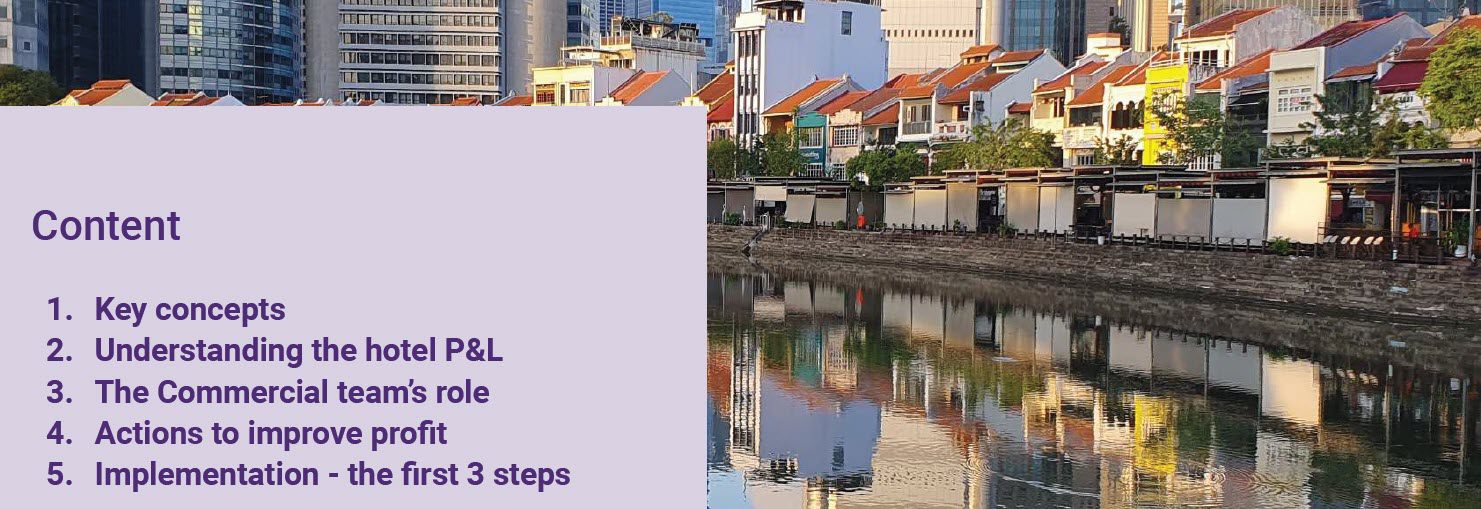
TURNING WEBSITE VIEWS INTO RESTAURANT VISITS
PolyU’s School of Hotel and Tourism Management
Posted on 23rd February 2024
 If you’ve visited a new city lately, you may have searched online for places to eat. Maybe you read some reviews, then clicked through to the restaurants’ own sites. New research by the team of the School of Hotel and Tourism Management (SHTM) at The Hong Kong Polytechnic University shows that in the hospitality sector, turning user clicks into dining visits depends on consistently positive messaging. By testing two competing theories of the effect of customer reviews, the study by Dr Seunghun Shin, Dr Hyejo Hailey Shin and Dr Jaehee Gim will help local restaurants optimise their marketing strategy through homepage testimonials.
If you’ve visited a new city lately, you may have searched online for places to eat. Maybe you read some reviews, then clicked through to the restaurants’ own sites. New research by the team of the School of Hotel and Tourism Management (SHTM) at The Hong Kong Polytechnic University shows that in the hospitality sector, turning user clicks into dining visits depends on consistently positive messaging. By testing two competing theories of the effect of customer reviews, the study by Dr Seunghun Shin, Dr Hyejo Hailey Shin and Dr Jaehee Gim will help local restaurants optimise their marketing strategy through homepage testimonials.
In a crowded market like Hong Kong, restaurants have to be smart to stand out. Today, this means having an effective online presence to gain the trust of short-term visitors searching for nearby restaurants. While there are many third-party review platforms in the hospitality sector, such as TripAdvisor, restaurants often add positive testimonials to their own homepages, hoping to “seal the deal” for those whose interest is piqued by reading such reviews. “About 70% of hospitality businesses display testimonial reviews on their websites”, say the researchers, “and about 80% of diners check a restaurant’s website before choosing to visit”.
Which write-ups should a restaurant select for its testimonials? Naturally they should be positive, but there are degrees of positivity. Overly glowing reviews might be seen as biased, perhaps written by people who have a close relationship with the business and are thus not objective. This is in line with attribution theory. “When reading a review”, the authors explain, “customers are less likely to adopt it in their decision-making if they perceive its evaluation is based on the reviewer’s personal reasons”. It might then seem more trustworthy for the restaurant to quote moderately positive reviews. Indeed, the authors mention a study showing that 5-star-rated products sell less well than 4.2–4.5-star products.
However, it could be argued that extremely positive testimonials have a better chance of providing the final push for prospective customers viewing the homepage. This fits with regulatory focus theory, which sees customers as focusing on their ideal goals, such as a satisfying experience. Indeed, there is evidence that some customers perceive unambiguously positive reviews as more credible than moderately positive reviews that also mention negative information. Where does this leave restaurants? “These two conflicting views make it difficult for hospitality businesses to determine how positive reviews need to be leveraged as testimonials”, the authors point out.
This uncertainty arises because most research has focused on the effects of reviews from third-party sites: online review communities, social networks, media-sharing platforms and search engines. The assumption is that the reviewers are independent of the firms they rate. However, testimonial reviews may not be perceived as fully independent, despite being written by customers, because firms choose to place them on their websites. This calls into question the generalisability of earlier studies. “It remains unclear how effective positive reviews are when communicated through a business official website as testimonials”, the authors say.
Another way to think about testimonials is in terms of how consumers classify them. The researchers note that “testimonial reviews have characteristics of both electronic word-of-mouth (eWOM) and advertisements”. On the one hand, they are like unbiased opinions, because real customers write them without any thought of making a profit; on the other, they resemble a form of online advertising, because businesses propagate them independently of the original writers. Whether they are ultimately judged as eWOM or advertisements affects how they should be phrased: word-of-mouth relies on authenticity, implying that any negative aspects ought to be mentioned, whereas advertising is expected to focus solely on the positive.
This lack of understanding of how testimonial positivity affects customers’ decision-making was the motivation for Shin, Shin and Gim’s study. Contrasting attribution theory and regulatory focus theory, they realised that “these two conflicting views make it difficult for hospitality businesses to determine how positive reviews need to be leveraged as testimonials to get the expected outcomes”. They therefore set out to determine how review positivity affects customers’ reactions to online testimonial reviews of restaurants, and how this contrasts with the effect of reviews hosted on other types of online platform.
The team started their study by scraping write-ups of Hong Kong restaurants from TripAdvisor. By analysing the answers to the optional question “was this review helpful?”, they found that 4-star reviews were perceived as more helpful than 5-star reviews. This set the stage for a detailed investigation of how ratings actually affect users’ visit intention. Three hundred participants were asked to search for a nearby Italian restaurant using their smartphones and confirm their choice after checking the restaurant’s website. Half of them saw fully positive 5-star testimonials on the homepages, while the others saw 4-star reviews that were mostly positive but noted caveats such as “a bit crowded”.
Considering that real-life restaurant websites might contain a mix of extremely and moderately positive testimonials, the researchers then studied the effects of such a mixture. Another 200 participants were recruited and tasked with settling on a local Italian eatery. This time, however, when they landed on a restaurant’s homepage, they saw either three 5-star reviews and one 4-star review, or vice versa. As in the above-mentioned experiment, the participants were subsequently asked about their intention to visit the restaurants that they had investigated using their phones, and their overall feelings about them.
Extremely positive testimonials were found to improve both the participants’ view of the restaurants and their actual visit intention. When the restaurants’ homepages carried unambiguously positive reviews, with nothing but praise for the food, prices and service, potential diners were more likely to rate their attitude towards the establishments as favourable and state that they would be likely to visit them. “A hospitality business should make potential customers who visit its website feel confident about their pre-decision by displaying glowing testimonial reviews”, the researchers infer.
When the participants saw mixed positive reviews (some including minor criticisms and others not), the results were consistent with the first experiment. Those who saw mostly the extremely positive reviews had more favourable attitudes and higher visit intention than those who read mostly the tempered positive write-ups. Evidently, according to the researchers, “it is more strategic for a hospitality business to display extremely positive reviews on their websites as testimonials”.
The strategic advantage of extremely positive reviews also indicates that the readers of testimonials tend to think of them as advertisements rather than eWOM. Consumers expect eWOM to be mixed, and there is evidence that they are more strongly influenced by moderately positive than extremely positive reviews on sites like TripAdvisor. However, they react less well when businesses mention criticisms on their own websites. Rather, when reading homepage testimonials, “customers want to be certain about their pre-choice when following up on the product of interest”, the authors conclude.
The next time you search for a restaurant online, your reaction to positive reviews may depend on whether you read review communities or the establishments’ own sites. If the restaurants have their strategy right, they will carefully choose their homepage testimonials and include only the most positive reviews to give interested diners the final push. The study’s authors suggest that restaurants could boost their visit rates by prioritising advert-like content over general information on the pages that users see when clicking through from a search app. In summary, this research fills an important gap in our understanding of testimonial review strategy and should aid hospitality businesses going forward.
About the authors
Shin, Seunghun, Shin, Hyejo Hailey, and Gim, Jaehee (2023). How Positive Do Testimonials on a Restaurant Website Need to Be? Impact of Positivity of Testimonial Reviews on Customers’ Decision-making. International Journal of Hospitality Management, Vol. 108, 103382.
Originally posted at: https://insights.ehotelier.com/insights/2023/11/16/turning-website-views-into-restaurant-visits/



